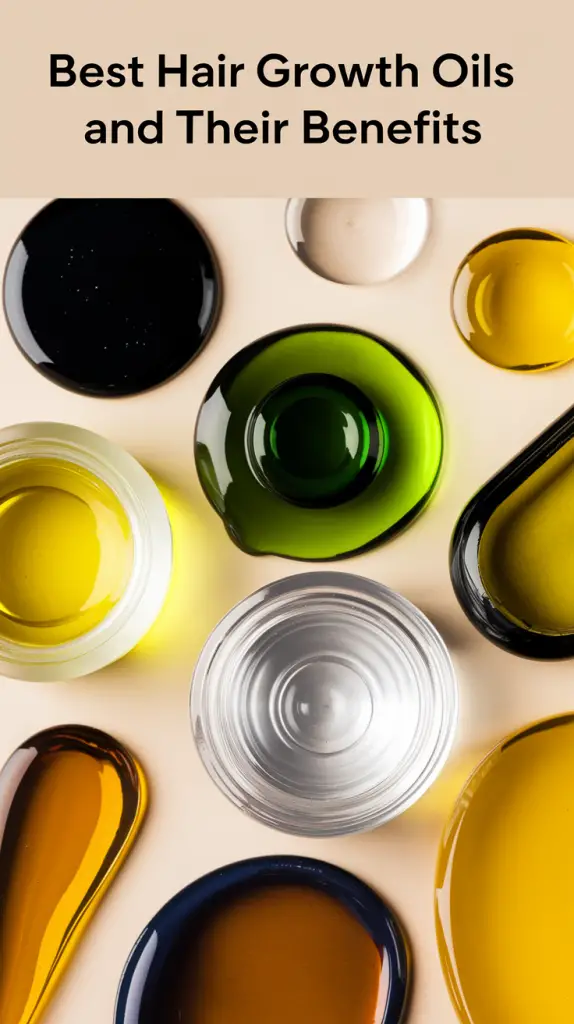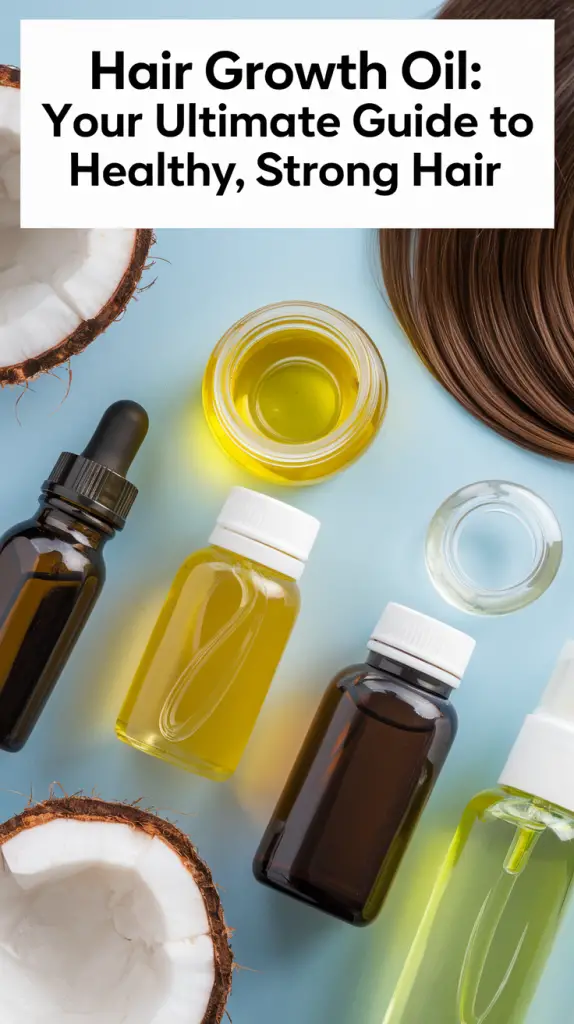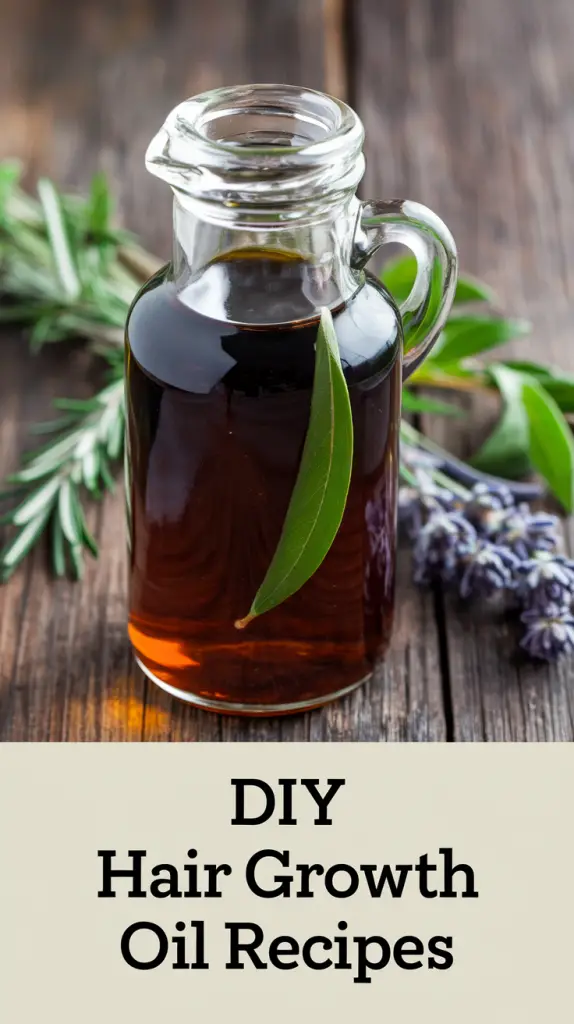Hair Growth Oil: Your Ultimate Guide to Healthy, Strong Hair
Introduction
Have you ever looked in the mirror and wondered what more you could do to achieve the healthy, voluminous hair you’ve always dreamed of? Hair growth oils might just be the answer! These natural solutions not only promote hair growth but also nourish your scalp, strengthen hair strands, and protect against damage. Personally, I’ve seen remarkable results, and I’m here to guide you on how to incorporate these oils into your routine effectively.
Why Hair Growth Oils Work
Hair growth oils are packed with essential nutrients like fatty acids, antioxidants, and vitamins that target the root causes of hair thinning and loss. They work by:
- Stimulating blood circulation to the scalp.
- Moisturizing the hair and scalp to prevent breakage.
- Fighting dandruff and inflammation.
Key Benefits of Hair Growth Oils
| Benefit | Details |
|---|---|
| Stimulates hair growth | Increases blood flow to hair follicles |
| Strengthens hair strands | Reduces protein loss and improves elasticity |
| Fights dandruff | Antimicrobial properties soothe the scalp |
My Perspective: Hair oils aren’t a magic potion, but they’re an essential part of any solid hair care regimen. Combined with consistent use and proper application, they can truly transform your hair health.
Best Hair Growth Oils and Their Benefits

1. Rosemary Oil
Rosemary oil is famous for its ability to boost blood circulation and stimulate hair follicles.
- How to Use: Dilute with a carrier oil like coconut or jojoba, massage into your scalp, and leave for 30 minutes before rinsing.
2. Castor Oil
Rich in ricinoleic acid, castor oil is deeply hydrating and has anti-inflammatory properties.
- How to Use: Apply directly to your scalp and hair, leave for a few hours, and wash out thoroughly.
3. Coconut Oil
Coconut oil penetrates the hair shaft, reducing protein loss and preventing breakage.
- How to Use: Use as a pre-wash treatment by applying generously to your scalp and strands.
| Oil | Best For | Potential Drawbacks |
|---|---|---|
| Rosemary | Hair thinning | May irritate sensitive skin |
| Castor | Dry, brittle hair | Thick, sticky consistency |
| Coconut | Damaged, frizzy hair | Not suitable for oily scalps |
How to Use Hair Growth Oils Effectively
- Patch Test: Always test on a small area before full application to avoid allergic reactions.
- Dilution: Essential oils must be diluted with a carrier oil to prevent skin irritation.
- Scalp Massage: Massage the oil gently into your scalp to enhance blood flow.
- Consistency is Key: Apply 2-3 times weekly for at least three months to see results.
DIY Hair Growth Oil Recipes
Moisturizing Hair Growth Mask
Ingredients:
- 2 tbsp castor oil
- 1 tbsp aloe vera gel
- 5 drops lavender oil
Steps:
- Mix all ingredients in a bowl.
- Apply to your scalp and strands, focusing on problem areas.
- Leave for 45 minutes and rinse with a gentle shampoo.
Scalp Treatment Blend
Ingredients:
- 1 tbsp coconut oil
- 3 drops tea tree oil
- 2 drops rosemary oil
Steps:
- Combine the oils.
- Massage into your scalp.
- Leave overnight for intensive hydration.
Debunking Common Myths About Hair Oils
- “More oil means faster results.”
Over-oiling can lead to scalp buildup, causing clogged pores and irritation. Use sparingly for best results. - “All oils work for everyone.”
Different oils suit different hair types. For example, tea tree oil works best for oily scalps, while castor oil is better for dry hair.
| Hair Type | Recommended Oil |
|---|---|
| Oily scalp | Tea tree or peppermint |
| Dry, brittle hair | Castor or argan |
| Curly hair | Coconut or shea butter |
Conclusion
Hair growth oils are a natural, effective way to nourish your scalp, strengthen your strands, and support healthy growth. Whether you choose rosemary for its stimulating properties or castor for deep hydration, these oils can elevate your hair care routine. On my hair journey, consistent use of these oils has been a game-changer, and I believe they can work wonders for you too. Start today and enjoy the transformation!

